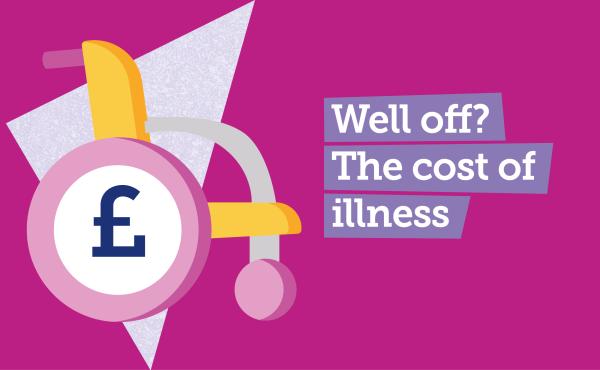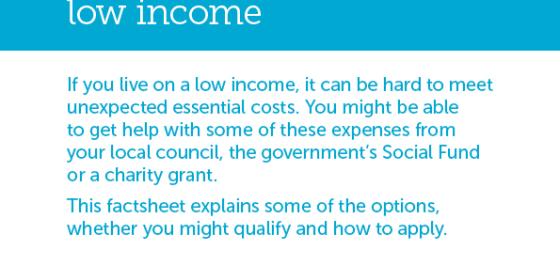
The baby boomer generation paints a complex picture of financial security for some and poverty for others in later life. As we age in the UK, our financial security varies greatly. We should all be entitled to live with good financial and mental health.
We are an ageing population
The UK population is ageing rapidly. By 2040, nearly one in four people in the UK will be aged 65 or over. Whilst people living longer reflects positively on our society, it also raises questions about how they will be able to live well, be financially secure and how we will effectively support the mental health of our ageing population.
Depression affects around 22% of men and 28% of women aged 65 years and over. Nearly half of adults aged 55 and over say they have experienced depression or anxiety. The death of loved ones (36%), their own ill health (24%) and financial worries (27%) are the most common triggers for mental health problems in later life.
The interwoven relationship between debt and mental health
Figures from the Royal College of Psychiatrists (2017) highlight the bi-directional relationship of debt and mental health.
Both poor mental health and debt can be taboo issues.
There is now a greater understanding of mental health issues than in previous generations. However, many people in debt still do not talk about it because they feel ashamed or are worried that they will be judged. Ageism can further compound poor mental health and debt; for instance, ageism in the workplace can mean that older people may be prevented from working which can exacerbate their debt problem.
Issues impacting on financial security as people grow older
There are various issues that can impact on financial security as people age.
Poverty has been found to be both a cause and consequence for poor mental health.
People in later life can experience a range of financial worries. Over one-third of people aged 60+ are worried about the cost of living and the cost of heating their homes in the winter. A quarter are worried about the cost of food.
Providing care to another person can negatively impact on people’s financial security. Over 2 million older people in the UK are providing unpaid care; of these, more than half have a health condition or disability themselves.
We know that that the social care implications of our ageing population remain very much unresolved. Uncertainty around how to manage housing and the cost of care will impact negatively on mental health.
Conclusions
There are clear links between financial insecurity and poor mental health. A person’s mental health is shaped by various social, economic and physical environments throughout their life. The issues discussed that impact on financial security as people age can lead to poor mental health.
By 2040 nearly one in four people in the UK will be aged 65 and over. It seems likely that we are heading towards more financial insecurity in later life, as the debt-burdened younger generation ages. The impact on the mental health of those generations is likely to be severe, unless there is greater support towards planning for the better management of financial and mental health.
Improving mental health is one of the most significant public health challenges we face. It is imperative to take a preventative approach through strategic investment in the mental, physical health and social care needs of an ageing population.
Jolie Goodman is a Programmes Manager for Empowerment & Later Life at the Mental Health Foundation.
Have you been affected by any of these issues?
If you have been affected by any of the issues described in this blog, or simply need someone to reach out to, you can call Independent Age’s freephone Helpline for information and advice on 0800 319 6789.
The views and opinions expressed in this article are those of the author and do not necessarily reflect the policy or position of Independent Age |


 Older people and depression
Older people and depression